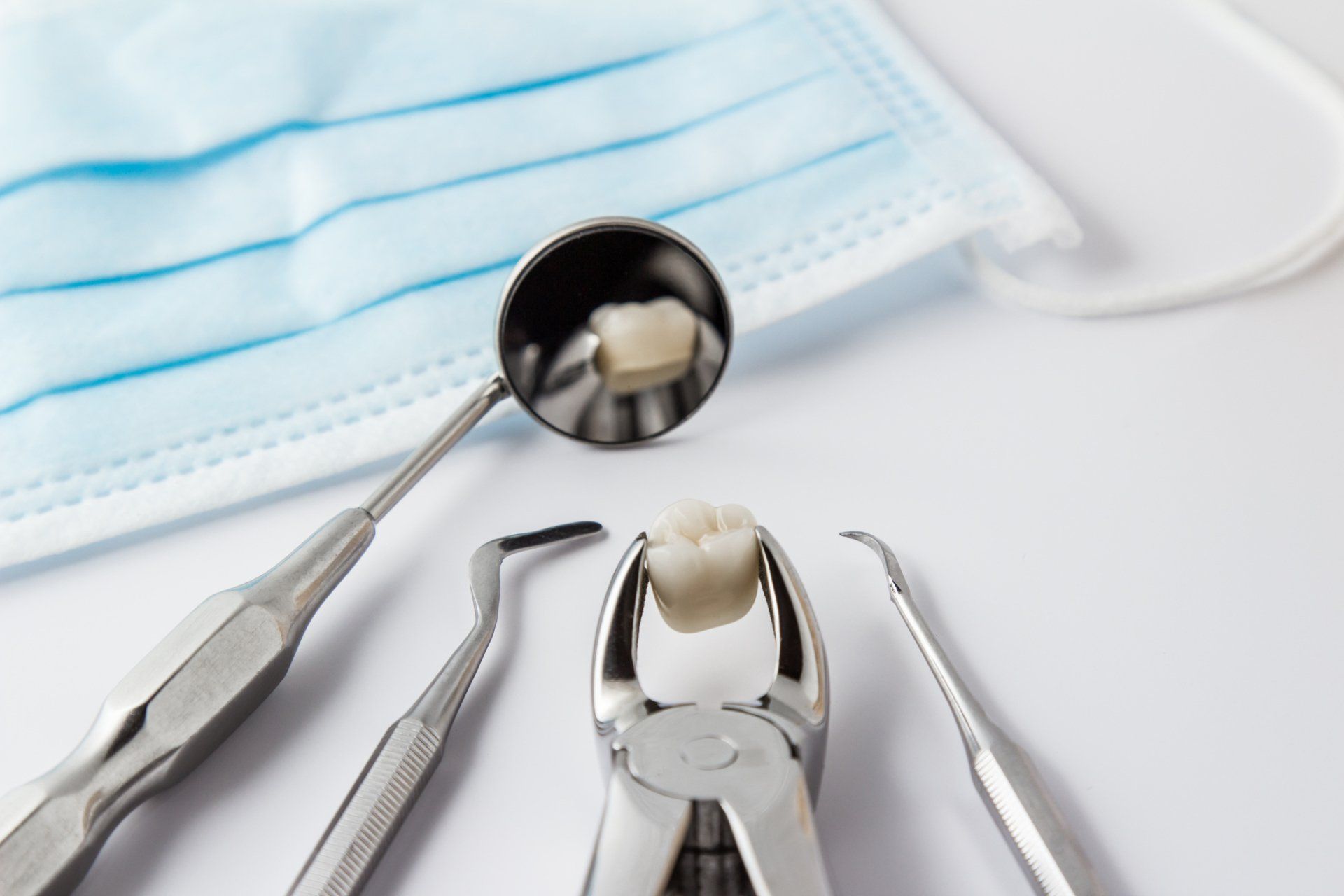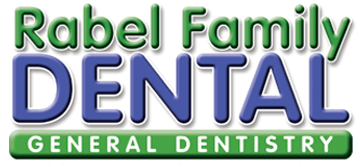4 Potential Complications of Extractions and How to Avoid Them

No one is excited about getting a tooth pulled, but sometimes, it has to happen. While most patients experience no adverse effects after treatment, there are a few potential complications of which you should be aware. If you are going to have a tooth pulled, check out these four potential complications, so you can learn how to avoid them.
1. Bleeding
After getting a tooth pulled, bleeding is normal, but if you have blood-clotting problems, or are taking medications to slow blood clotting, you may have more bleeding than normal. You'll want to talk with your dentist before the procedure.
Unless you have a complication, the bleeding should only last about one to two hours, and you can help slow the blood and create a clot in the empty root hole, by keeping gauze in your mouth and biting down until there seems to be no more blood. If you are in pain, make sure to avoid aspirin because it is a natural blood-thinner.
2. Dry Socket
One common complication, which you can usually avoid is a dry socket. A dry socket is when the blood clot that forms after tooth extraction is removed. In some cases, the clot never forms, but usually, the patient themselves causes the dry socket by accidently removing the clot. Any activity that involves sucking, such as smoking or using a straw may cause you to also suck out the blood clot. Too much brushing or rinsing can also lead to dry socket.
If you do develop a dry socket, you'll know pretty fast because they are extremely painful, and over-the-counter pain medicines will be too weak to dull the pain. If you look inside your mouth, you may actually be able to see that the blood clot is missing, and in few cases, you can even see your jawbone.
3. Infection
Mouths are dirty, so infection is always a possibility after any extraction. With simple extractions, an infection is less common, unless you already have a tooth infection or you completely neglect brushing after the extraction. If you start to notice pain or pus, go back to your dentist to see if you have developed an infection.
If you get a surgical extraction, or you already have a tooth abscess, your dentist may prescribe antibiotics to prevent an infection. Usually, you can tell you have an infection from pain, but if there is no pain, look for other signs. Particularly, check for any pus coming from the tooth's socket. The pus will also cause bad breath and an unpleasant taste in your mouth.
4. Fracture
When removing a tooth, it's common for the tooth to break, but it doesn't matter since the tooth is being extracted anyway. However, if a piece of the tooth is left behind, this can lead to an infection or cyst later down the road. The dentist may also accidently damage nearby healthy teeth if they are hit with the tools or tooth.
Applying the right pressure to pull a tooth is crucial. Your dentist must apply enough to fully remove the tooth, but applying too much pressure can fracture the jawbone. This is more common, however, if you already have a weak jawbone from age or gum disease. Your dentist will likely be able to tell you if you are at risk of a jaw fracture. Unfortunately, there isn't' really any way to prevent fracture except for keeping your jawbone strong.
Some teeth need to be extracted. Perhaps they are severely damaged, or there just isn't enough room in your mouth. Usually, the process goes smoothly, but there are always possible complications to any dental or medical procedure. If you would like to know more about tooth extraction and how to care for your mouth after extraction, contact usat Rabel Family Dental today.






